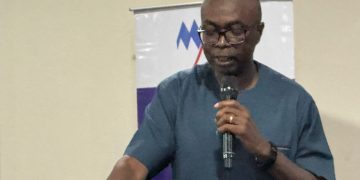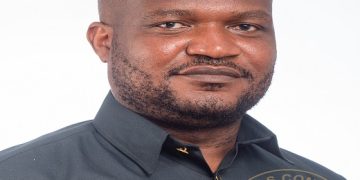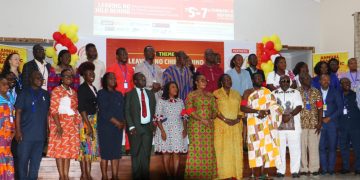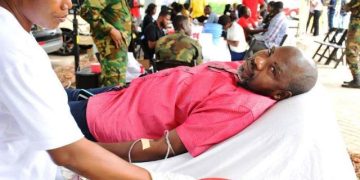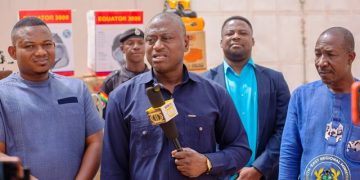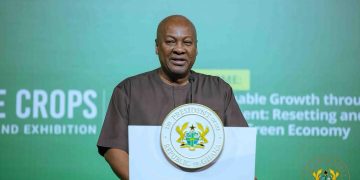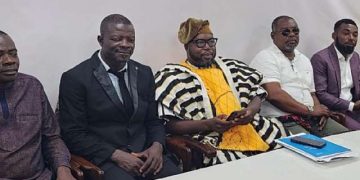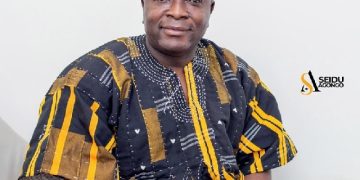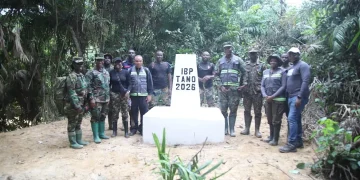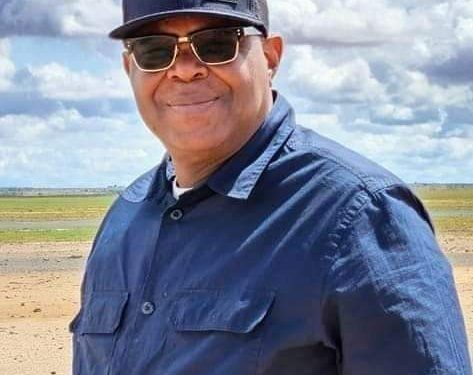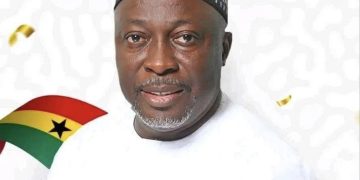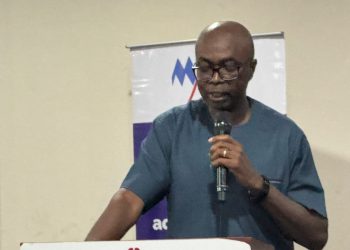I have yet to read Mannaseh’s book, “The President Ghana Never Got” but this exact phrase captured from the book is highly troubling.
Many people believe that the esteemed moral high Office of Otumfuo should at all times remain politically non partisan and impartial, at least in the public eye.
First, we can all appreciate that our traditional chiefs are recognised for their nonpartisan and unbiased public roles and responsibilities in our competitive multi-party politics, which plays a key role in fostering our social cohesion.
This is especially important when we recall that they occasionally act as mediators when we are faced with severe political disagreements.
Under the surface and in the political sphere, the proximity of Otumfour’s high Office to public events or decisions that pertain to any Party, could present itself as a source of potential tension.
First, it is permissible as it has been our norm in Ghana for political parties to publicly disclose their flag bearer candidates and running mates in highly partisan political rallies or events, after which the candidates travel to meet and introduce themselves to traditional chiefs.
It has been customary for candidates to make a courtesy call to the traditional king before beginning their electoral campaign in the traditional jurisdiction of the Chief where the candidate travels to to meet the electorate and campaign for votes .
Hon Matthew Prempeh, the vice presidential candidate and Dr Mahamudu Bawummia’s running mate, defied this tradition in the sequence of his unveiling.
Before the NPP publicly announced him at their primary political event in Kumasi, he was first introduced to the Asantehene in splendor before the formal public Party unveiling, the political party’s event.
We now know that Otumfuo notified the President about Napo’s candidacy before Dr. Bawumia, the NPP’s flagbearer, did so.
Many people may believe that this is typical and nothing to worry about. I’m not really bothered with NPP’s internal politics.
My instinct is to call attention to the Otumfuo’s esteemed function, moral authority and high office, and to advise frankly that the Asantehene should be protected from being viewed as engaging in party politics in public under any circumstances.
His intermediary roles to promote peace and social cohesion could diminish if there is a generalized perception that is politically partial.
If the circumstances had unfolded differently with another political party, my observation would have remained unchanged.


